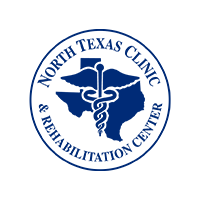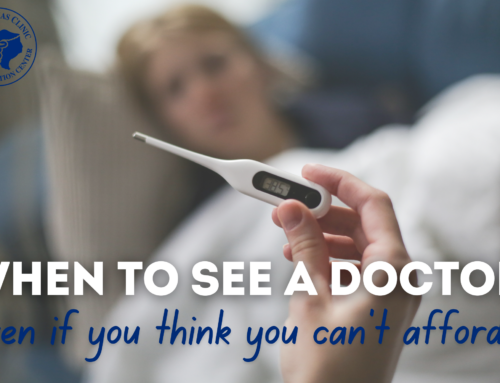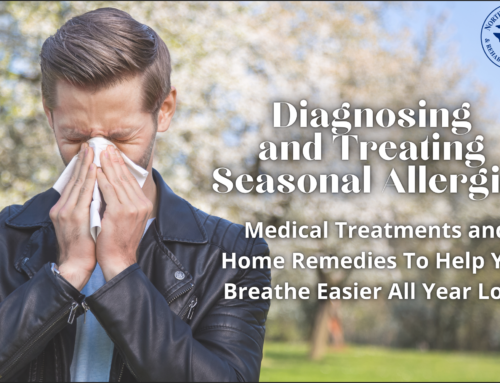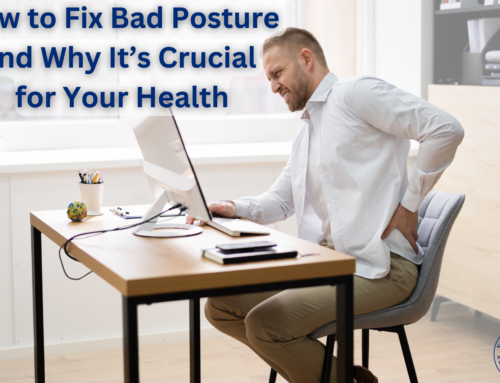
Independence Day is one of the most important holidays in the U.S. Family and friends join together to get outside, grill delicious food, look at fireworks, and celebrate their country. But as important as it is to have fun, July 4th safety should also be a top priority.
Many things that make this holiday so enjoyable can also end up causing injuries and trips to the hospital.
Obviously, that’s nobody’s idea of a good time.
So, as you celebrate and have fun, make sure you’re also following these July 4th safety tips.
July 4th Safety in Hot Temperatures
You may think you’re used to the heat, especially if you live here in Texas. However, no matter how much you love the summer sun, heat-related illnesses can still happen. And they can happen fast.
According to the CDC, the highest rate of heat-related deaths occurs in July, most commonly in Texas, Arizona, and California.
With temperatures in the 90s and 100s, safety from the heat is a must.
Staying hydrated is vital!
If you’re drinking alcohol or soda, balance these dehydrating beverages with even more water.
For those who celebrate by the pool or on a beach, find a shady spot when you’re not in the water.
Shade is even more critical when you can’t jump in the water. If you plan a day in a backyard, park, or other outdoor area, try to find a place with covered areas. Even better, find one with fans or outdoor air coolers, or bring your own if you can.
Finally, make sure you recognize the signs of heat-related illness. Those include:
- Excessive sweating or cool, clammy skin
- Nausea or vomiting
- Thirst
- Headache or muscle cramps
- Weakness, dizziness, or mild confusion
Treat these symptoms by moving them to a cooler location, soaking them with wet rags, and supplying room-temperature water or Gatorade. The sooner you act, the better.
If a person becomes extremely confused, loses consciousness, or has dry, hot skin, they have likely experienced heat stroke, which is a medical emergency. Cool them down as you immediately call 9-1-1.
Knowing the signs of heat-related illness and what to do can save lives.
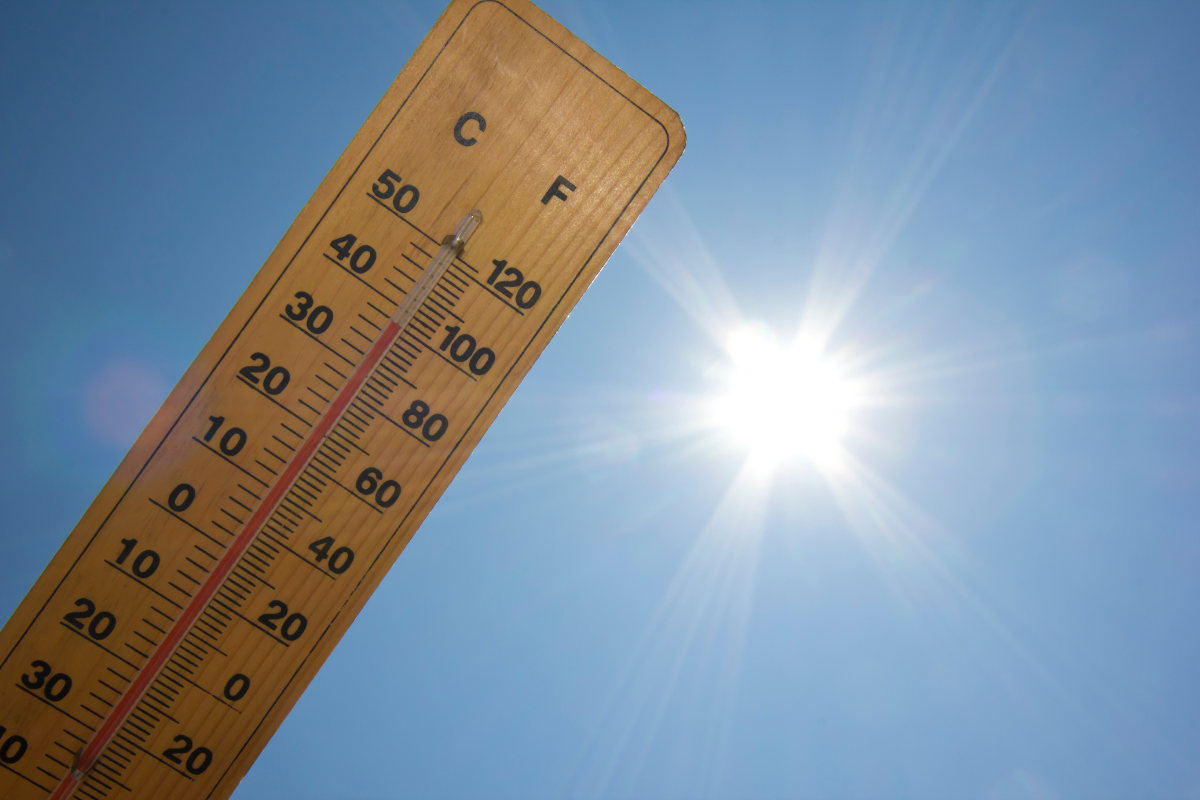
Water Safety
Let’s face it; nothing is more fun than a day at the beach or by the pool, especially when it’s so hot!
However, even the most experienced swimmers can have life-threatening accidents if they don’t practice water safety.
To keep tragedy from happening during your July 4th celebration, make sure you and your family understand how to stay safe in and around the water.
Adults should wear life vests on boats or if they aren’t confident swimmers. Babies and children are required by law in Texas to wear snuggly-fitting life vests on boats or other water vehicles until they are 13 years old. They should also wear them in the water until they become strong, unassisted swimmers.
Beware of arm floaties, donuts, and other inflatables. These aren’t nearly as safe as many think and can increase an unsupervised child’s risk in the water.
Lastly, recognizing the signs of drowning is essential. The movie version of screaming, gasping, and splashing isn’t actually that common in real life.
If you see somebody unable to keep their head above water, have their mouths open and head tilted back, clinging to anything they can grab, or just generally looking panicked or scared, it’s better to react than not.
Rescue them as quickly and safely as possible, and check their pulse, ability to breathe, and, if conscious, cognition. If necessary, perform CPR and have somebody call 9-1-1. If you don’t know CPR, emergency responders can help you over the phone.
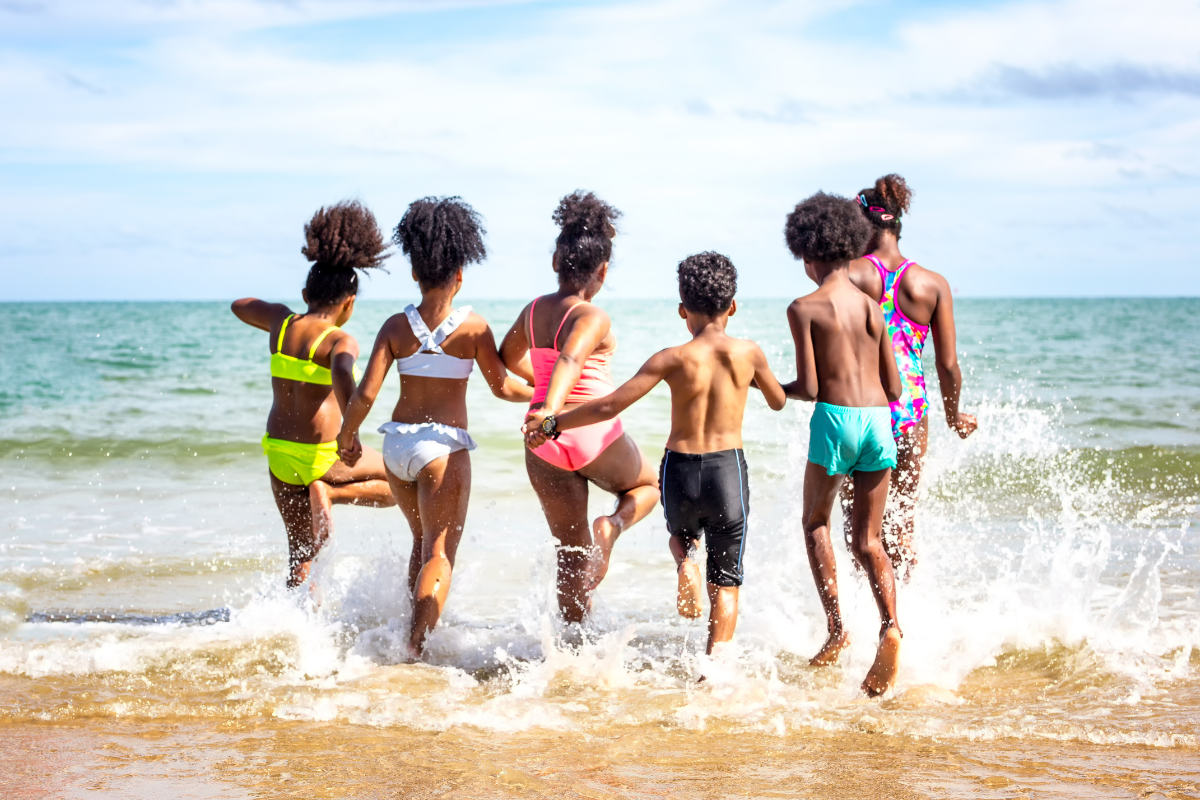
Fireworks Safety
Watching gorgeous fireworks displays performed by professionals is an exciting and popular activity for the 4th of July. And it’s reasonably safe for audience members.
But fireworks and sparklers at home are much less so.
According to Baylor Scott & White, two of the most common injuries during Independence Day are to the face, eyes, and hands, all caused by sparklers and other fireworks. These injuries can range from minor burns to lifelong vision impairment, scarring, and loss of fingers.
The best thing you can do for 4th of July safety is avoid buying and using these dangerous things altogether. Many of them are illegal within city limits anyway, and the repercussions of using them are far greater than the amount of fun your family might have.
That said, if they’re a traditional part of your celebration, keep these safety tips in mind:
- Keep a connected water hose or bucket of water nearby
- Buy sparklers and fireworks from reputable sources, and do not use them if anything appears faulty or wrong
- Closely supervise children at all times
- Only light and use sparklers and fireworks outside in open, uncovered areas
- Do not set off more than one at a time
- Set up a safe viewing perimeter (35-150 feet, depending on if they’re ground-based or aerial) around where you’ll light fireworks
- After use, soak fireworks in water before discarding
Other fire-related accidents also occur around summer. Since it’s usually dry, fires can catch and spread quickly.
Whether you’re grilling or building a campfire, remember to be safe and always extinguish your fire as soon as you’re finished.
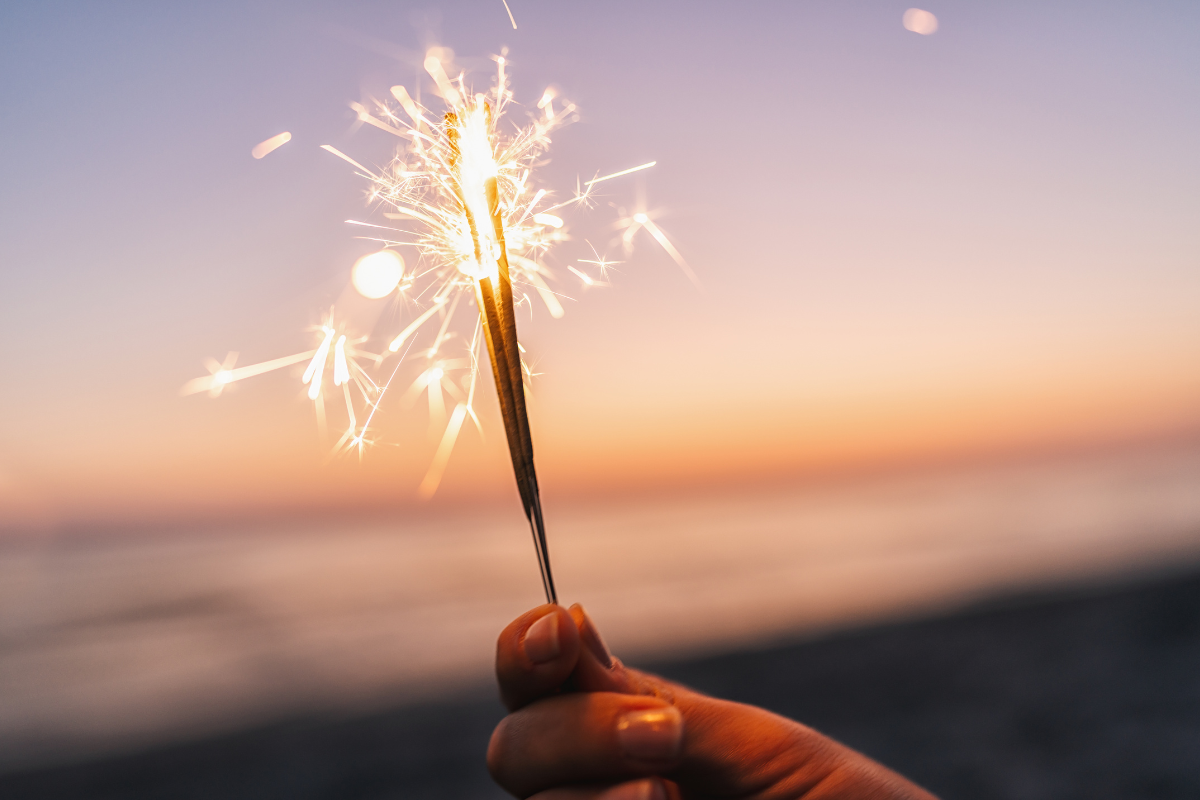
Drinking Responsibly
Many adults nationwide celebrate holidays with beer, wine, and other spirits. So it’s no surprise that Independence Day is tragically one of the most dangerous days to be on the road.
The safest way to enjoy the holiday is to be smart about drinking, especially if you’re driving.
Even if you don’t feel impaired, attempting to drive yourself can have costly consequences.
As few as two beers can lower your judgment and affect your ability to see clearly and multitask, three things which are crucial for safe driving. Alcohol-related impairment is one of the leading causes of traffic accidents and fatalities in America.
While the legal blood alcohol content (BAC) limit is 0.08%, police can pull you over and charge you with lesser amounts, especially if you’re driving erratically, appear impaired, are under 21, or have children in the car.
On top of that, it’s complicated to assess your own BAC levels without a breathalyzer.
Standard guidelines recommend one drink per hour for safe drinking. But several things make this difficult, including timing each drink, how much you pour, and the strength of your alcohol. Even when you’re careful, other factors affect your tolerance, including:
- Age
- Weight and metabolism
- Gender
- Medications
- How much food you’ve eaten
- How hydrated you are
Since alcohol inhibits critical thinking and lowers inhibitions and reaction times, “feeling fine” is not a good reason to get on the road after drinking. Instead, plan ahead so you don’t have to face that decision later.
Safe drinking extends to more than driving too. If you’re around water, fireworks, or other potentially dangerous situations, it’s best not to drink at all, especially with children present. Accidents happen fast, and alcohol can severely decrease your ability to react as quickly as you otherwise would.
Lastly, drinking can shorten tempers, decrease patience, and control your reactions. The possibility of alcohol-related violence and crimes is another good reason to limit the number of drinks everybody has.
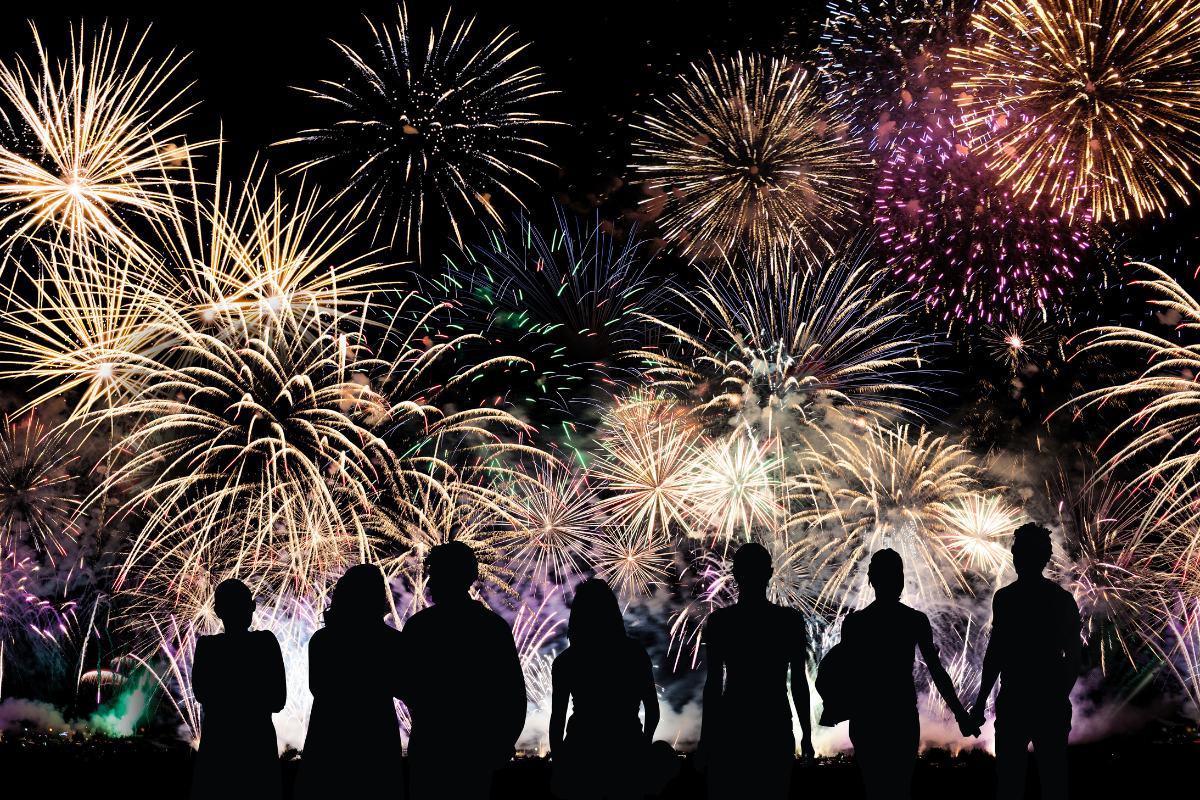
Other Safety Tips for July 4th
Being cautious outdoors, especially with fireworks, and responsible drinking are essential for an enjoyable and safe 4th of July celebration. But there are other things to be aware of, as well.
Between nasty bug bites and food poisoning, other typical summer issues can quickly ruin the day.
To protect yourself and your family from things ranging from mild discomfort to potential danger, be sure to remember to do the following:
✓ Protect skin from harmful UV rays with broad-spectrum, water-resistant sunscreen with an SPF of at least 30. Reapply every two hours, and don’t forget areas like your ears, eyelids, and hair part.
✓ Wear bug repellent to keep from getting itchy, irritating bug bites and prevent possible illnesses from disease-carrying mosquitoes.
✓ Keep food covered and in coolers, and don’t eat it if it’s been sitting out. Food poisoning is more common in summer due to more outdoor activities and heat spoiling food quickly.
✓ Make sure you have plenty of bottled water and Gatorade available, especially on a beach or at a park where fresh water isn’t readily available.
✓ Bring a comprehensive first aid kit to treat cuts, scrapes, or burns quickly.
Finally, the most important thing you can do is keep an eye on kids and each other. Being aware of what’s happening around you can prevent many accidents and tragedies.
July 4th Safety Increases the Fun
Independence Day is a time to gather with friends and family, celebrate your country, and have fun.
These July 4th safety tips may seem to spoil that fun, but a little caution prevents catastrophe.
The things that really ruin a good time are trips to the hospital, feeling terrible for days after, and experiencing life-changing losses. Safety helps to prevent these.
So, drink responsibly, practice healthy outdoor habits, and maintain awareness of your surroundings for a happy and healthy July 4th.
Header image by Serena T from Unsplash.
